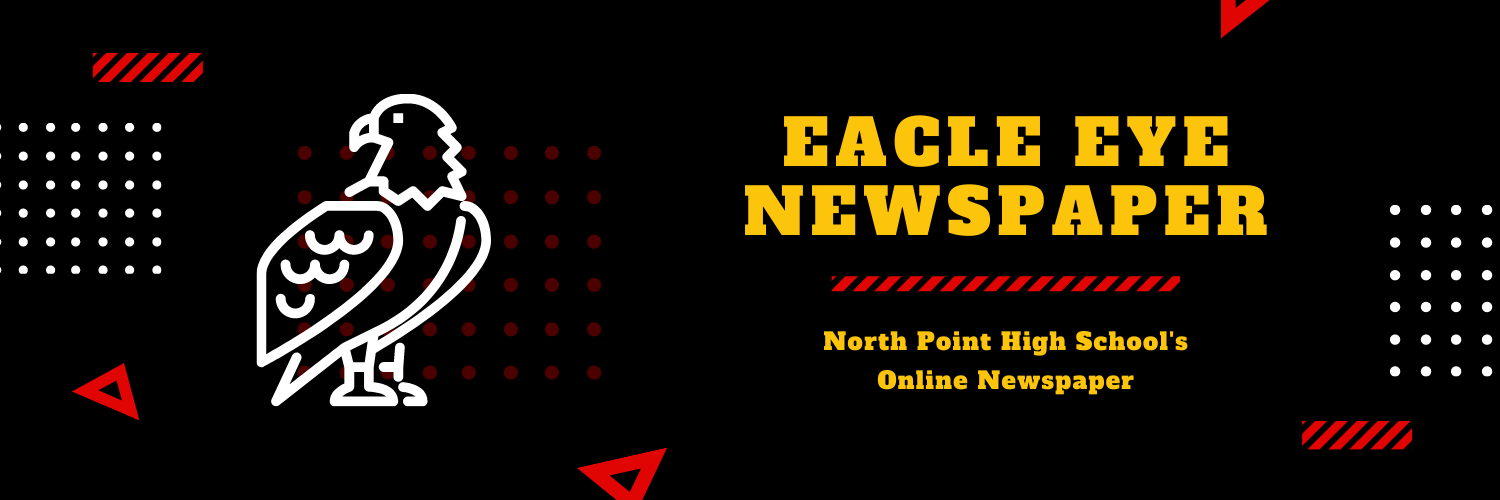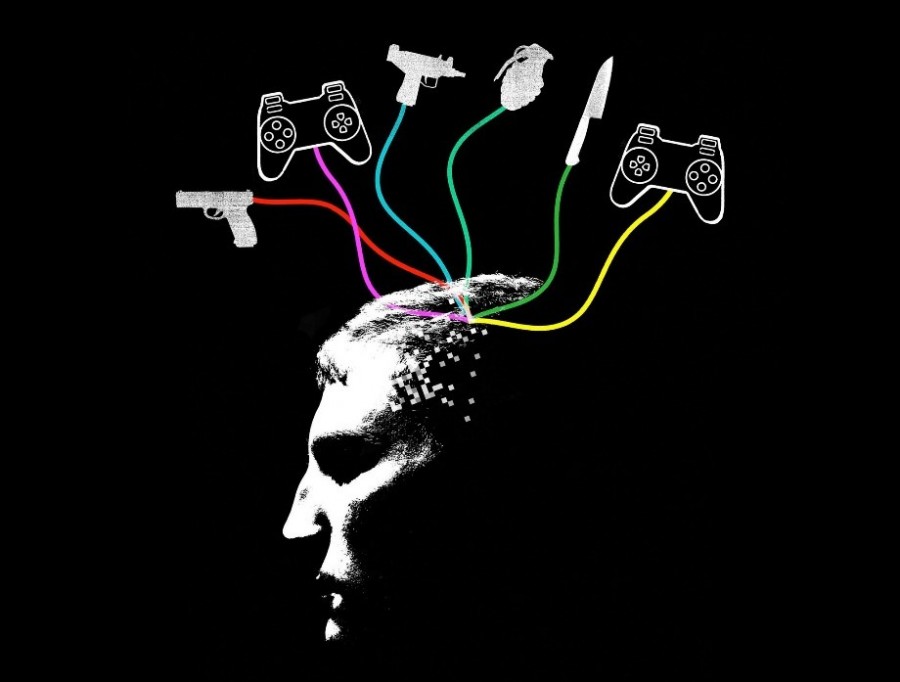Video Games and Student Achievement
The accessibility and abundance of availability of interactive electronic media, also known as video games, have greatly increased. In modern society, there is almost always a computer available or perhaps video game consoles to purchase. With this form of entertainment increasing among students, their social development and school performance is altered. Of course the implementation of video games in a student’s life varies. Some might not even interact with this form of digital media. Many studies have been made to find that the media relates to student achievement based on its content. If the content can be made positive at an educational standpoint then of course it could aid in the learning process.
If a student was to play video games where the content can be seen as negative, than the result can be inferred as negative. Yet there is always the ability to use games to enhance a class or individual learning experience. Not all video games are made to display violence but there is also an abundance of strategic and tactical games to learn from.
The study of video games being seen as an addiction for their compelling nature to certain audiences. That this form of entertainment has the ability to respond to human needs. When this media is taken as a form to get away from the world and perhaps the school environment. Then there is no doubt that it affects student achievement through either neglecting school work or dispersing of social interaction’. Quin Seepersad (17’) said that video games “relieved stress received during the school day and gave him something to look forward to after completing his homework. This digital media has the capability to be both negative and positive toward education, but its use is what determines its outcome.



